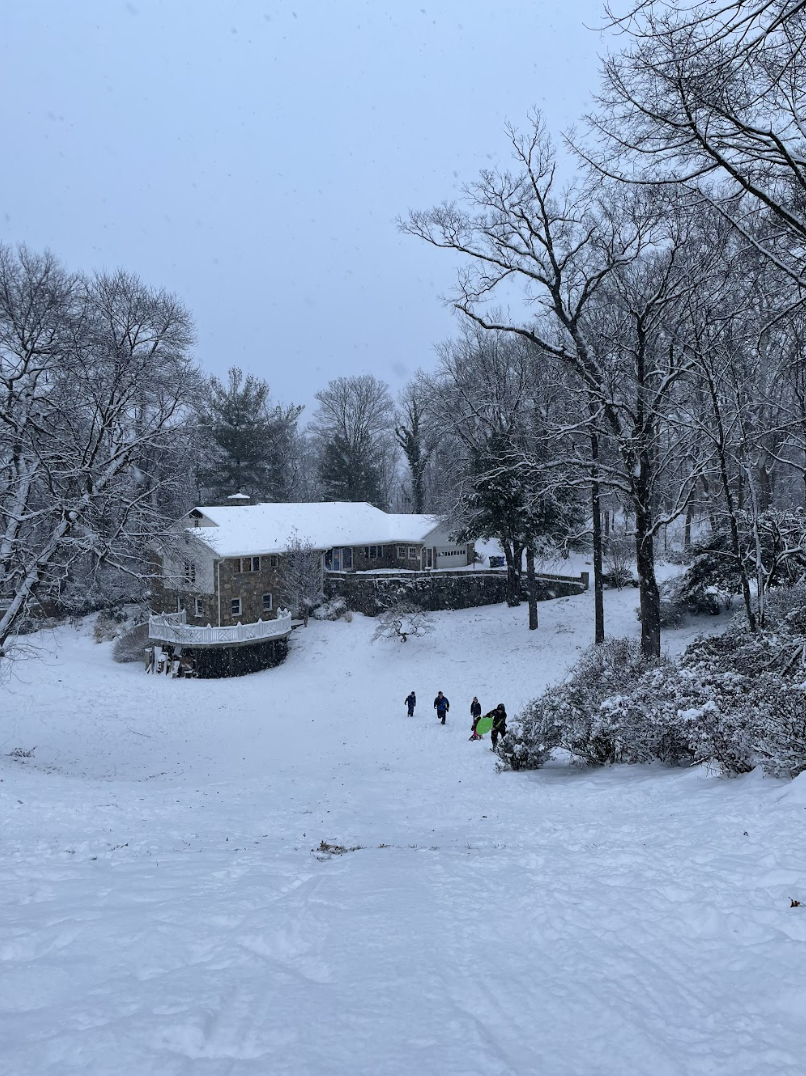Sidwell’s current policy regarding inclement weather and snow days detracts from students’ much-needed free time and should be altered. As stated in the student handbook, school policy is to conduct distance learning if there are more than two snow days in a year. Snow days, however, provide necessary time for students to recuperate from the routine stress of school work, and distance learning days are far less productive than typical school days. Sidwell is distinguished by its intensive academic rigor, so maximizing snow days would give students respite from the day-to-day academic demands that often come at the expense of their mental well-being.
Additionally, snow days enable students recovering from illnesses to catch up on missed assignments and prepare for assessments, alleviating their stress. Since snow days typically occur in the winter, when the flu and other colds are at their height, they can be a particularly helpful asset to the larger number of sick students. A common sentiment among the Sidwell student body is that, due to Sidwell’s academic rigor, being out sick for more than a day can result in an unmanageable accumulation of assignments. Allowing students to take advantage of snow days during the academic year would ease this workload and help sick students catch up.
Snow days should also be as frequent as possible to help students make up for their lack of sleep. Sleep deprivation can be harmful to a student’s physical health, emotional well-being and academic performance. Given how busy the academic year can be, many students cannot typically reach the recommended amounts of sleep, which are particularly important for children and adolescents. While snow days are no permanent solution to this issue, days without online learning may help temporarily alleviate sleep deprivation.
Furthermore, snow days are excellent opportunities to dedicate extra time to personal hobbies and extracurriculars. During the academic year, students are often forced to prioritize assignments over their personal passions, so any day without classes is an opportunity to invest more time into these other interests. Snow days without distance learning provide students with the rare opportunity to get ahead on their schoolwork or to freely engage with their extracurricular endeavors and other hobbies.
Finally, distance learning days are often much less productive than in-person school, especially as many students are distracted by online entertainment from social media to various streaming services. Additionally, virtual issues, such as lack of internet or poor WiFi, may disadvantage certain students. Snow storms can often affect internet access, while road closures due to snow can hinder students from reaching alternative locations with better internet access.
At an academically rigorous school like Sidwell, many students are plagued with academic anxieties and sleepless nights. Giving students the chance to enjoy the benefits of occasional snow days without the stress of distance learning is a small but impactful way of supporting students’ well-being.











































